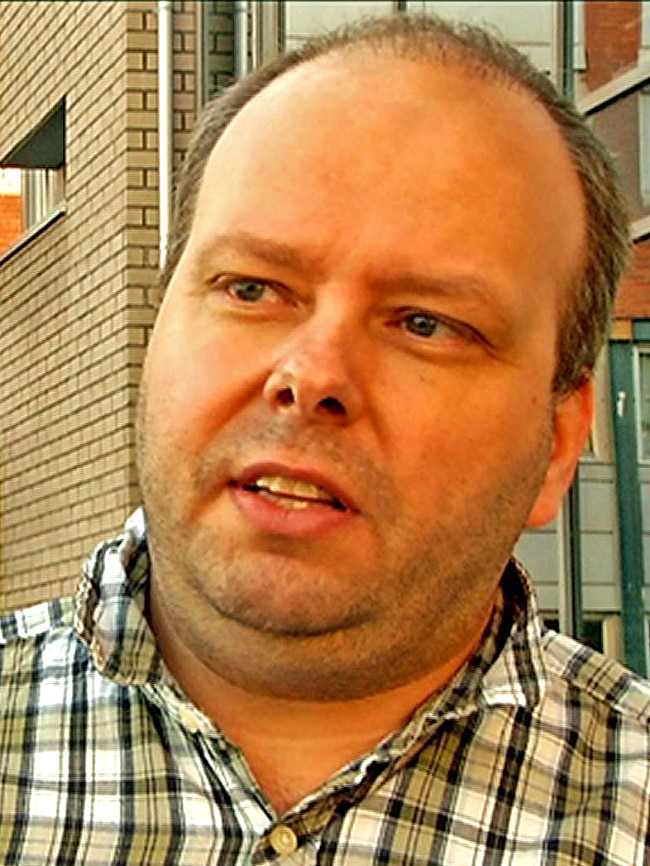Djibouti (HAN) May 4, 2014 – Your Power & Regional Influence Magazine: Geeska Afrika Online . Interview series conduct by John Amble, which will feature experts in their field answering questions on a topic of current relevance to the Horn of Africa’s Regional Security Updates, stability, defense, diplomacy, and foreign policy. We received numerous responses to this article to re-publish this weekend, part of the Voices from the IGAD’s regional Security series, taking issue with the author’s opinion and assertions.
 The Somalia militants Alshabaab groups has failed to heal a growing rift among senior leaders of their group, following a crucial meeting in Barawe to stem a threatening differing views based on clan and political power.
The Somalia militants Alshabaab groups has failed to heal a growing rift among senior leaders of their group, following a crucial meeting in Barawe to stem a threatening differing views based on clan and political power.
This week with Stig Jarle Hansen, associate professor at the University of Life Sciences in Oslo, where he teaches Norway’s only MA in International Relations. He has extensive field experience in the Horn of Africa and is the author of Al-Shabaab in Somalia: The forthcoming Horn, Sahel and Rift: Fault-lines of the African Jihad (Hurst, 2014).
1. In your book, you described the years of 2009-2010 as al-Shabaab’s ‘golden years’. The group’s history has been one of ups and downs. How would you characterize its current state?
The leadership structure has re-emerged from a period of limbo, Ahmed Abdi Godane is now reasserting himself. The opposition, led by Mukhtar Robow, is very weak. It seems like sub-commanders, with a possible exception of Hassan Yacubi and Foad Shongole – the former of whom has made some very defensive statements at the start of the current offiensive, while the latter might be in house arrest – are in large part following Godane. However, Godane has disbanded formal institutions at the top of the Shabaab, and is relying on typical charismatic leadership strategies, which in the long run is not good for the organisation.
2. The group has undergone leadership schisms and periods of upheaval. Who in the group’s leadership structure is currently most influential and what are the leadership’s current objectives?
Godane, Ali Dheere, Dulyadein, Yacubi – these individuals have all solidified positions of influence and leadership in the group. Also possibly on the ascendant is the Wali in Lower Shabelle, al-Shabaab’s designated leader in the administrative region, which includes Mogadishu and extends southward along the coast.
I do think it becomes misleading to introduce the dichotomy between local and global visions. The group prioritises local objectives, followed regional ones, but keeps a global identity, as well. The local aspect is most important, however.
3. There was a wave of concern that followed the news a few years ago that Westerners were traveling to Somalia and fighting with the group. The fear was that they would eventually return, equipped and perhaps intent on conducting attacks in their home countries. Is there still cause for this sort of concern?
I think the concern should be there in larger amount than before. Traditionally, al-Shabaab’s foreign fighters have stayed in Somalia, but if the group is beaten territorially, this pattern might change. Additionally, al-Shabaab-affiliated networks in Kenya might take a different approach vis-a-vis foreigners. One of the Woolwich attackers that brutally killed a British soldier in London last year was a part of these networks.
4. If you were to forecast where al-Shabaab will be in five years, what would you expect to see? Will we see the group split and perhaps disappear, as previous Somali Islamist militant groups have done? Will pressure from African Union forces be sufficient to diminish al-Shabaab’s threat to security to an acceptable point? Will the group’s selected targets change?
It is very hard to say, but the group will have had a lasting impact on security in Somalia. One scenario could be something like what we see with the Lord’s Resistance Army, where al-Shabaab exists in the countryside, roaming around but weakened. At the same time al-Shabaab cells will exist in Kenya and perhaps Tanzania. Make no mistake, if AMISOM pulls out, al-Shabaab will expand drastically in territory.
5. Norway has produced a disproportionate number of scholars and writers on terrorism and terrorist groups. The only reasonable explanation is that there’s something in the aquavit. Can you tell us briefly about this mysterious liquor from the north, and do you have a favorite brand? If not, is there any drink in particular that you turn to after a day of analyzing militancy in East Africa?
Well, well…remember, we have also contributed a lot to Syria and Somalia when it comes to foreign fighters as well! As for the scholars, Brynjar Lia has done a lot to foster talent up here, and he deserves big thanks for this. As for aquavit, it is strong and good, and freshes up in the winter. I drink it at Christmas. Norwegian aquavit is distilled from potatoes (other countries use grain) and flavored with spices. It is traceable in written sources to 1531, but is probably even older.
– John Amble is the Managing Editor of War on the Rocks (Original Article 2014 January five-questions with peter neumann). A former United States Army intelligence officer, he has been featured in print and broadcast media in the U.S. and Canada
The latest updates Follow twitter.com/GeskaAfrika
Geeska Afrika Online (1985 -2014) – The International Gateway news and views about the Horn of Africa (Ethiopia, Eritrea, Somalia, Somaliland, Sudan, South Sudan, Djibouti, Kenya and Uganda), the best IGAD news and information Online Site for the last 20 Years.
–
HAN & Geeska Afrika Online (1985-2014), the oldest free independent Free Press in the region, brings together top journalists from across the Horn of Africa. Including Ethiopia, Somalia, Eritrea, Sudan, Djibouti, South Sudan, Uganda, Kenya, Oromo, Amhara, Somali, Afar and Harari. Plus, we have daily translations from 150 major news organizations in the Middle East and East African regions. Contact at news@geeskaafrika.com


Leave a Reply